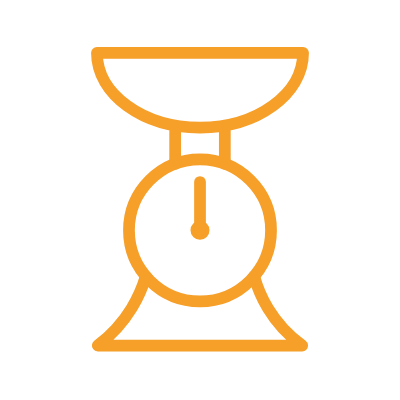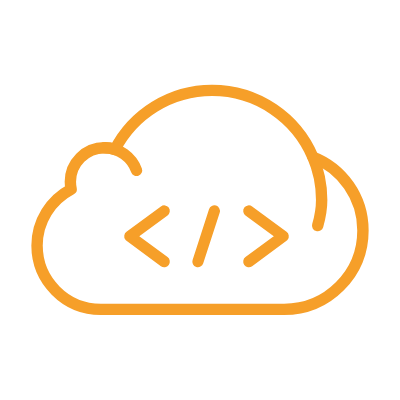How can your healthcare organization utilize Data, Analytics & AI to deliver value & efficiency?

Member 360: Comprehensive Member Views
Implementing proven data models and best practices for a 360-degree view of members, enabling personalized care and better health management.

Enhancing Patient Outcomes
Utilize data, analytics, and AI to improve patient care quality and outcomes significantly. This involves leveraging advanced analytical techniques to understand and predict patient needs.

Operational Efficiency Through Data and AI
Optimize operations and resource allocation by employing data-driven insights and AI automation. This includes enhancing workflow efficiency and decision-making processes within healthcare organizations.

Healthcare Data Integration
Achieve a unified healthcare system by integrating Electronic Health Records (EHR) with other data systems. This ensures a comprehensive, consolidated view of patient information.

Health Plan Quality Reporting
Assist in transitioning to new HEDIS platforms and supported quality improvement initiatives like STARS and Pay-for-Performance (P4P) programs. Implementing FHIR (Fast Healthcare Interoperability Resources) solutions to streamline data exchange and reporting.

Advanced-Data Solutions
Realize the full potential of healthcare data through modern data solutions. This approach aims to drive increased efficiencies, reduce costs, elevate the quality of care, and improve overall healthcare outcomes.

35.24%
DID YOU KNOW?
Only 35.24% of healthcare workers agree their organization uses data and analytical systems to support business decisions
The use of Big Data Analytics in healthcare
Our Solutions
Pragmatic, practical, and laser-focused on providing exactly what our clients really need.
-
Comprehensive Data Integration for Healthcare Excellence
We specialize in assisting various healthcare organizations — from large hospital systems and home healthcare providers to dental practices, pharmacies, and veterinary services. Our expertise lies in integrating data from various Electronic Medical Records (EMRs) like Epic and Cerner, enhancing patient care, reducing readmissions, lowering costs, and boosting patient and physician satisfaction.
-
Building a Robust and Secure Data Ecosystem
Effective healthcare goes beyond basic EMR reporting. True progress requires integrating diverse data sources, including payer information, public databases, and specialized datasets. Our services focus on constructing a sophisticated data infrastructure that supports the needs of data scientists, healthcare administrators, clinicians, and regulators, fostering a comprehensive view for decision-making.
-
Enhancing the Patient Experience
We streamline the sharing of patient history and care data among providers, fostering personalized patient care. Our solutions offer a unified patient view by linking clinical, insurance, and demographic information, all within a secure, confidential reporting framework.
-
Optimizing Costs for Patients and Providers
Delve into inventory, supply, and vendor data to identify cost-saving opportunities. Our analytics services aim to refine your supply chain, aligning it with the financial health of your organization.
-
Integrated Insights Across Multiple Facilities
Aggregate and analyze data from various hospitals, clinics, and departments to gain insights into processes and outcomes. Our solutions help understand the bigger picture across multiple facilities, aiding in strategic planning and quality improvement.
-
Tailored Analytics for Healthcare Insurers
For healthcare insurers, we leverage data to create customized insurance plans, offer personalized member experiences, expedite claim processes, and enhance customer reporting. This helps members make informed decisions about their coverage and health.
We understand Healthcare data.
HL7, FHIR, and EHR Data
These standards are the backbone of modern healthcare data interoperability, enabling us to harness their power to enhance patient care, operational efficiency, and data-driven insights.
With our expertise, we'll navigate and leverage these standards to achieve the best outcomes for your organization.
Analytics In A Regulated Industry
We understand the unique challenges of implementing analytics in a regulated industry like healthcare.
We specialize in guiding organizations through this terrain, ensuring that you not only meet regulatory requirements but also gain valuable insights and a competitive edge from your data analytics initiatives.
AI & ML In Healthcare
Harness AI and ML in healthcare with our expertise.
We excel in deciphering intricate healthcare data landscapes to provide advanced insights that enhance patient care and operational efficiency.
Data Ideology's case study outlines how they established interoperability in healthcare, focusing on a patient-first framework. By integrating various data sources, they enhanced patient care quality and efficiency. This approach streamlined clinical workflows, ensured compliance with healthcare standards, and improved data sharing between healthcare providers, benefiting both clinicians and patients.
READ CASE STUDY

Strategizing Healthcare Business Intelligence: A Guide for Hospital System CIOs in 2024 and Beyond
The Imperative for Advanced Healthcare Business Intelligence In a time where data reigns supreme, the role of business intelligence (BI) in healthcare has never been more critical. The hospital system Chief Information Officer (CIO) stands at the forefront of this transformation, responsible for navigating the intricate landscape of data analytics to drive superior patient outcomes […]

Interoperability in Healthcare: A Patient-First Framework
Healthcare Interoperability is a framework where systems are coordinated to provide standardized methods of interacting with patient data.

How Healthcare Payers Can Break Down Their Data Silos
Siloed data hinders collaboration and can cause serious downstream issues affecting multiple departments such as enrollment, claims and reimbursement. This data fragmentation stops the payer’s ability to get a 360° view of their customer, making it difficult to provide a more personalized experience.
Featured Blog
Enterprise Data Strategy: What is it? And why is it important?
According to a recent study, organizations that utilize data management resources, such as an enterprise data strategy, are 58% more likely to surpass revenue goals...
READ MOREFeatured Case Study
Eliminating Data Silos saves Healthcare Payer nearly $4 MM yearly
Explore how Data Ideology helped a healthcare organization eliminate data silos and save $4 MM yearly with an updated system.
READ MORE



